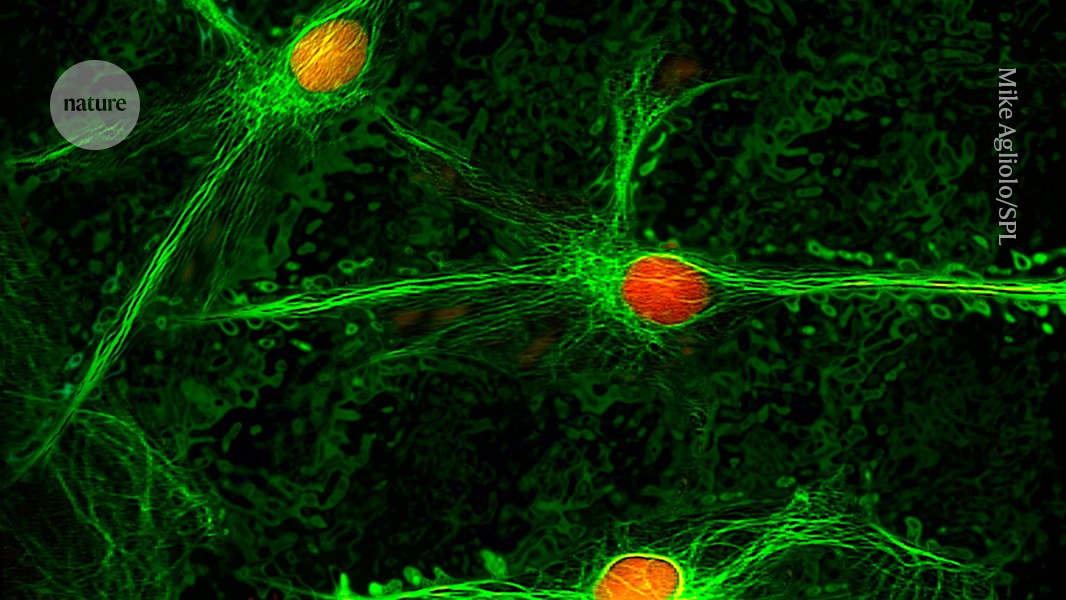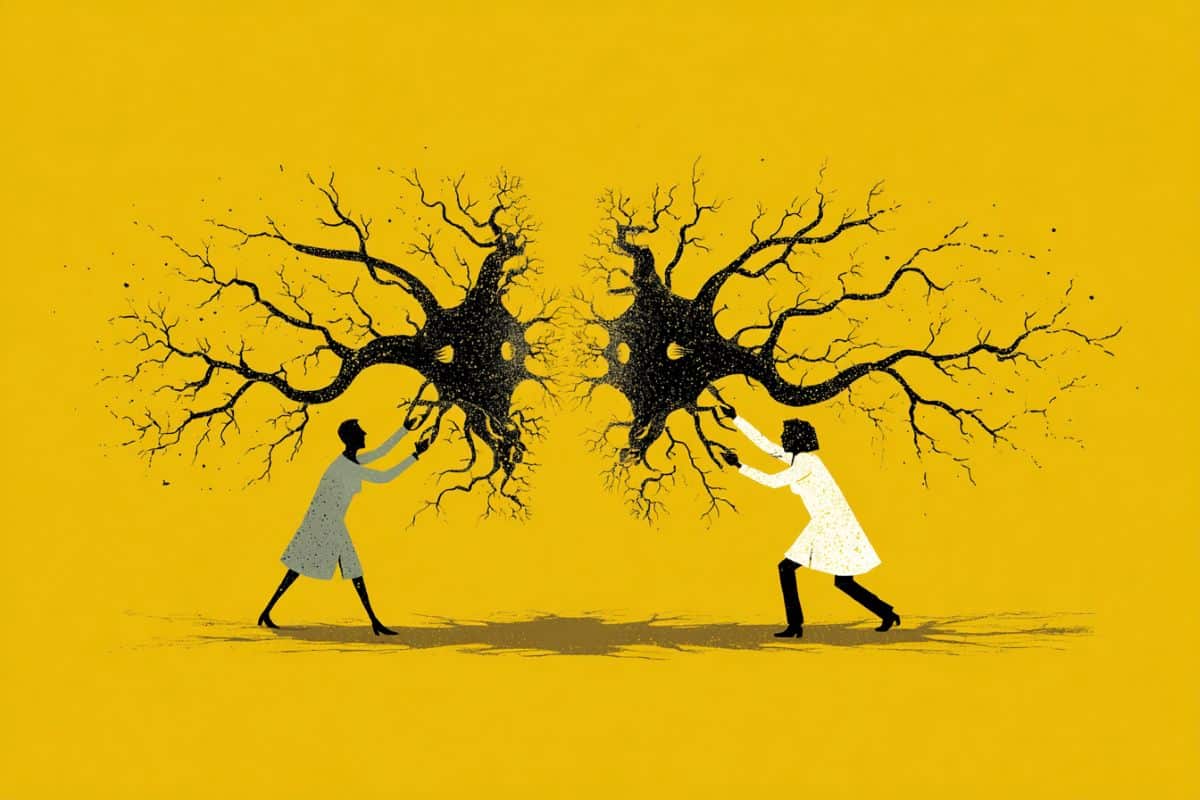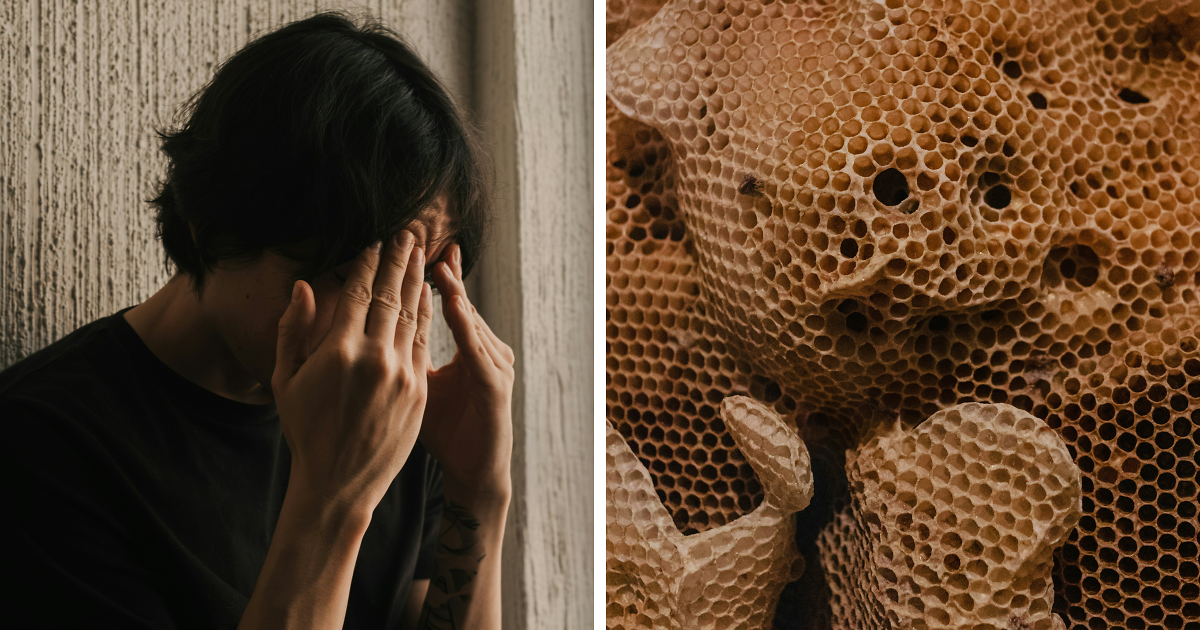All products featured on Self are independently selected by Self editors. However, when you buy something through our retail links, Condé Nast may earn an affiliate commission. Collage: Self; Source Image: Jeffrey Coolidge/Getty Images It’s easy to dismiss just-because hobbies like painting or poetry as silly little things you do to busy your hands or find a brief escape from …
Read More »Tag Archives: brain
Poor Sleep Tied to Accelerated Brain Aging – Medscape
Poor Sleep Tied to Accelerated Brain Aging Medscape Brain health: Poor sleep linked to faster brain aging Medical News Today Poor sleep may make your brain age faster – new study The Conversation Poor sleep speeds brain aging and may raise dementia risk ScienceDaily Bad Sleep Makes Your Brain Age Faster, Study Finds SciTechDaily Source link
Read More »Brain health: 10 simple steps you should take to improve brain function – Times of India
Brain health: 10 simple steps you should take to improve brain function Times of India Want to slow aging in your brain? A new study finds lifestyle changes could be key to keeping brain young KHOU I’m a neuroscientist. Here’s how to maintain good cognitive health at any age The Independent New research shows how easy (and cheap) it is to get your …
Read More »The ‘Spirit Molecule’ Defends the Brain Against Stroke in Mice, Breakthrough Study Shows
Co-authors of the study from the Biological Barriers Research Group of the Institute of Biophysics N,N-dimethyltryptamine (DMT) is a potent psychoactive molecule present in the brain and much of the world’s plant life, but it also may be able to save humans from damage in the event of a stroke. Scientists in Hungary used it to reduce the harmful effects …
Read More »Brain area linked to chronic pain discovered — offering hope for treatments
Neurons (pictured) in a brain region called the parabrachial nucleus have been implicated in creating the sensation of pain that persists long after an initial injury.Credit: Mike Agliolo/Science Photo Library Scientists have spotted a small set of easily overlooked brain cells that is activated during persistent pain — the kind that lasts long after an initial injury. The research was …
Read More »Bad Sleep Makes Your Brain Age Faster, Study Finds – SciTechDaily
Bad Sleep Makes Your Brain Age Faster, Study Finds SciTechDaily Brain health: Poor sleep linked to faster brain aging Medical News Today Poor sleep speeds brain aging and may raise dementia risk ScienceDaily Poor sleep may make your brain age faster – new study The Conversation Poor Sleep Tied to Accelerated Brain Aging Medscape Source link
Read More »A psychedelic surprise: DMT helps the brain heal after stroke
DMT, or dimethyltryptamine is a natural psychoactive molecule found in many plants and mammals. According to an article published in Science Advances, researchers from the HUN-REN BRC Institute of Biophysics and Semmelweis University Heart and Vascular Centre found that DMT reduces the harmful effects of stroke in animal models and cell culture experiments. A solution from nature in the spotlight …
Read More »Social Brain: Neurons That Decide Who Wins and Who Yields
Summary: Researchers have pinpointed specific brain cells that control how animals react to social defeat, offering new insight into the biology of dominance and submission. In male mice, neurons in the dorsomedial striatum—known as cholinergic interneurons—were found to regulate the “loser effect,” where past defeats lower an individual’s future social rank. When these neurons were removed, mice stopped exhibiting submissive …
Read More »Trypophobia Explained: Why Your Brain Reacts To Tiny Holes
Clusters of tiny holes or bumps can spark strong aversion in people with trypophobia, a condition researchers link more to disgust and fear than real threat. Common textures, such as coral or seed pods, can evoke strong reactions, although the classification of trypophobia is still debated. Experts point to disease-avoidance instincts and visual triggers, and many viral “trypophobia skin” images …
Read More »Scientists uncover biological cause of Long COVID brain fog in major breakthrough – Euronews.com
Scientists uncover biological cause of Long COVID brain fog in major breakthrough Euronews.com Scientists finally reveal what’s behind long COVID’s mysterious brain fog ScienceDaily New study reveals molecular basis of Long COVID brain fog News-Medical Scientists Finally Reveal Biological Basis of Long COVID Brain Fog SciTechDaily New research sheds light on why brain fog is a common symptom of long COVID. Psychology Today Source link
Read More »




